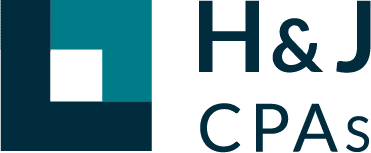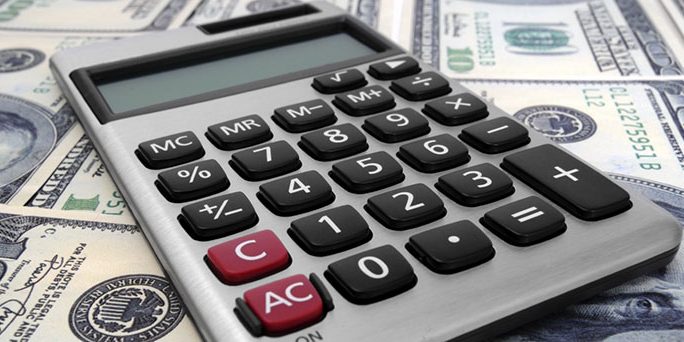A smooth tax season for small businesses can only be achieved with the proper advanced preparations.
By maintaining routine techniques throughout the year and setting up your finances at year-end, you can save yourself from excessive time, errors, and hassle come April. Organize your 2015 paperwork and arrange for a painless 2016 by following these simple guidelines.
Proper Materials for Reporting
- Basic financial information, Balance Sheet, and Profit & Loss statement
- Pay stubs, as well as W-2, 1099, or other appropriate wage reporting form from your employer
- Chart of accounts, bank statements, reconciliations, and status of accounts payable and receivable
- Contributions, interest, and taxes for loans, mortgages, retirement accounts, child care, and education
- Receipts for expenses and deductions, mileage records, and any other applicable tax related documents
Ongoing and Year-End Checklist
- Keep all of your receipts and label them with their business purpose as you receive them.
- Use credit or debit cards rather than cash to make tracking expenses easier.
- Reconcile your paperwork at least quarterly, if not monthly.
- Organize your receipts into categories, preferably as you acquire them, such as Income, Expenses, and Tax Documents.
- Set up your organizational system for 2016 to ensure you start the year out smoothly.
We see many business owners delay organizing their financial records, but applying these routine guidelines instead will create ease when locating documents, filing for taxes, and handling an audit should it become necessary.

